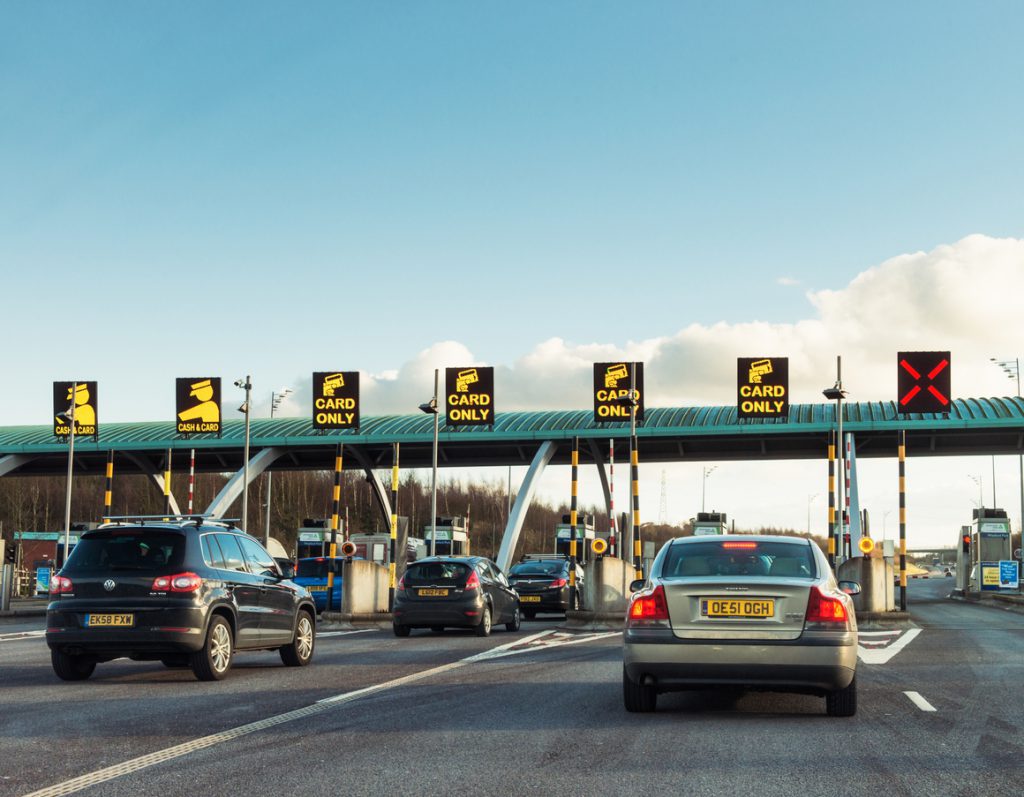
The model for how we pay for our roads has been broken by the uptake of zero emissions electric vehicles. From 2030, the sale of brand-new internal combustion engine cars will be banned in the UK. That means the government has to start working out how to replace the money it makes from petrol and diesel cars.
Why does tax need to change?
At the moment the government raises around £35 billion a year from drivers. This is through the taxes we pay in fuel duty and VED (Vehicle Excise Duty or car tax). But this tax take will start diminishing rapidly as the number of zero emissions electric vehicles (EV) increases. That’s because EV owners currently pay no car tax and there is no fuel duty on electricity.
Why is this tax important?
A recentParliamentary Committee reporton road pricing revealed that motoring taxes will raise around 4 per cent of the overall tax receipts in the UK during 2021-22. Of the £35bn, only around a fifth of it goes back into roads. The remaining £28 billion that fuel duty raises goes towards paying for hospitals, schools and the armed forces.

How toll roads work
The UK currently has 23 toll roads. More often than not these are river crossings in the shape of bridges and tunnels. The money taken from drivers crossing these then goes towards paying for their build and covering their upkeep.
That’s fine but the vast majority of them raise £2 or less every time a car uses them. It’s certainly not sufficient money to replace the billions HM Treasury needs to reap as the number of EVs increases.
Fuel duty is “the perfect tax”
议会委员会的报告描述了燃料duty as “almost the perfect tax”. Policy director for the Road Haulage Association, Duncan Buchanan explained: “The fuel duty system… is in itself reasonably transparent and reasonably fair. The more fuel you use and the heavier the vehicle, the more you pay.”
The government doesn’t want to build a habit
At the moment if you buy an EV, you offset the more expensive purchase price with cheaper running costs. This is encouraging the uptake of EVs but the government doesn’t want motorists to get in the habit of thinking owning an EV means not paying taxes for their motoring.
This could result in EV drivers taking their cars when they don’t have to and increased congestion. And of course every time a new EV is sold, that’s less revenue for the government.
The good news is motoring shouldn’t be pricier
One option the government could adopt would be a system that uses telematics – black boxes mounted in cars – to record the mileage drivers cover. This would then enable drivers to be taxed on the miles they drive, perhaps with wide ranging tariffs that are more expensive during rush hours in an effort to manage traffic flow more effectively.
The Parliamentary Committee concluded: “The government must set out a range of options to replace fuel duty and Vehicle Excise Duty. Those options should be revenue neutral and not cause drivers, as a whole, to pay more than they do currently.
“One of those options should be a road pricing mechanism that uses telematic technology to charge drivers according to the distance driven, factoring in vehicle type and congestion. If motoring taxation is linked to road usage, the Committee has not seen a viable alternative to a road pricing system based on telematics.”
When will this happen?
In July 2021, the Office for Budget Responsibility (OBR) forecast that by 2025-26, 4 per cent of the UK’s cars would be EVs; these would make up around one in six new cars (16 per cent) sold. However, in March 2022, EVs made up 16 per cent of new cars sold in the UK so uptake of battery cars is way ahead of the OBR’s forecast.
Despite this, the technology for road pricing is not in place and trials haven’t started yet so we’re still at least a few years away from any dramatic change in how we pay for our motoring.
